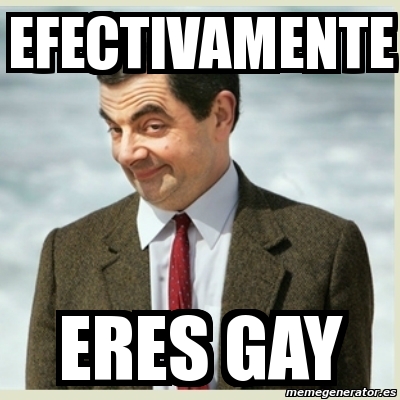The Chavez minority bench of the Venezuelan National Assembly, elected in December 2015, decided to rejoin the debate of the Federal Legislative Palace in Caracas after a withdrawal of more than two years. The decision is part of the package of agreements announced a few days ago by the political operators of Nicolás Maduro with opposition politicians of moderate line, of little presence in the legislature and detached from the leadership of Juan Guaidó. They are grouped on the Concertación por el Cambio platform. This pact has been categorically unknown by Guaidó and the bulk of the country's opposition universe
Maduro's pact with these opponents, which has been criticized very harshly, was presented once the talks with Juan Guaidó's delegation were shipwrecked on the island of Barbados. In addition to the return to the Legislative, the agreement sti[CENSORED]tes that Maduro would retain the presidency; Chavismo would allow the election of a new National Electoral Council (CNE) to work hurriedly on the election of a new National Assembly; Solutions to the economic crisis would be explored and a common front against international sanctions would be established. The controversial Constituent Assembly of Chavism, meanwhile, would remain in office.
Maduro does so with this handful of opposition leaders to try to decompress his internal front and obtain oxygen, while international pressures continue to increase and his unpo[CENSORED]rity exceeds 80% in recent opinion polls.
Deputy Pedro Carreño took the floor on behalf of the United Socialist Party of Venezuela (PSUV), and, in an unusually moderate tone, said that the Chavistas return to seek agreements that stabilize the country's situation. Carreño told Juan Guaidó, present at the debate, "the time has come for you to get in the way of legality." Like other Chavez speakers, Carreño whipped international sanctions, and blamed "right-wing deputies" for promoting the country's economic suffocation. Only 38 of the 55 deputies of Chavismo, in front of more than 100 opposition deputies, occupied their seats.
The Chavista leaders could not help hearing a long downpour of accusations from the deputies of the opposition, in which they were entrusted with their responsibility in the exchange crisis of 2014; in the overflowed corruption in Petróleos de Venezuela and Social Security, the currency bleeding of the Republic and the prevailing economic chaos.
The ruse of Chavismo with its calls for peace was returned by Guaidó, as a boomerang. “The return of the PSUV is the recognition of the strength of Parliament, the country's only legitimate power. If there is recognition to this National Assembly, then you are recognizing, as Europe does, that the political solution to the crisis passes through Parliament. ”
The opposition exercised its majority and approved an agreement that legitimizes the National Assembly as the sole legal power of the country. Since its election, the Venezuelan parliament has not been able to enforce a single law: 97 vetoes have been placed by the Venezuelan Supreme Court, controlled by Maduro, which decided in this way to de facto cease its powers in 2017, and open the floodgates of the serious political crisis of that year.
The problems of the opposition National Assembly with the Chavez political power were gestated in its seminal phase. Before being installed, in January 2016, the outgoing Chavismo Parliament hurriedly chose the new magistrates of the Supreme Court of Justice who had the mission of torpedoing all the newly elected decisions, and preventing the use of the opposition majority to elect the new members of the Supreme and the National Electoral Council.
The agreement of the day also includes the interpretation of the content of article 191 of the Constitution, which took part of the discussion, on the reinstatement of Chavez parliamentarians after two years in which many of them held public office and even held seats in the Constituent elected in 2017 and designated as fraudulent and unknown by the international community.
Francisco Torrealba, from PSUV, said: “We come to help you solve the contempt they entered. The Constituent Assembly remains plenipotentiary and nothing prevents a constituent from being a parliamentarian. ” The first vice-president of the National Assembly, Edgar Zambrano, of Democratic Action, also returned to his functions after being accused of being involved in a military attempt against Maduro on May 30, who received a probation after the agreements signed by Maduro















